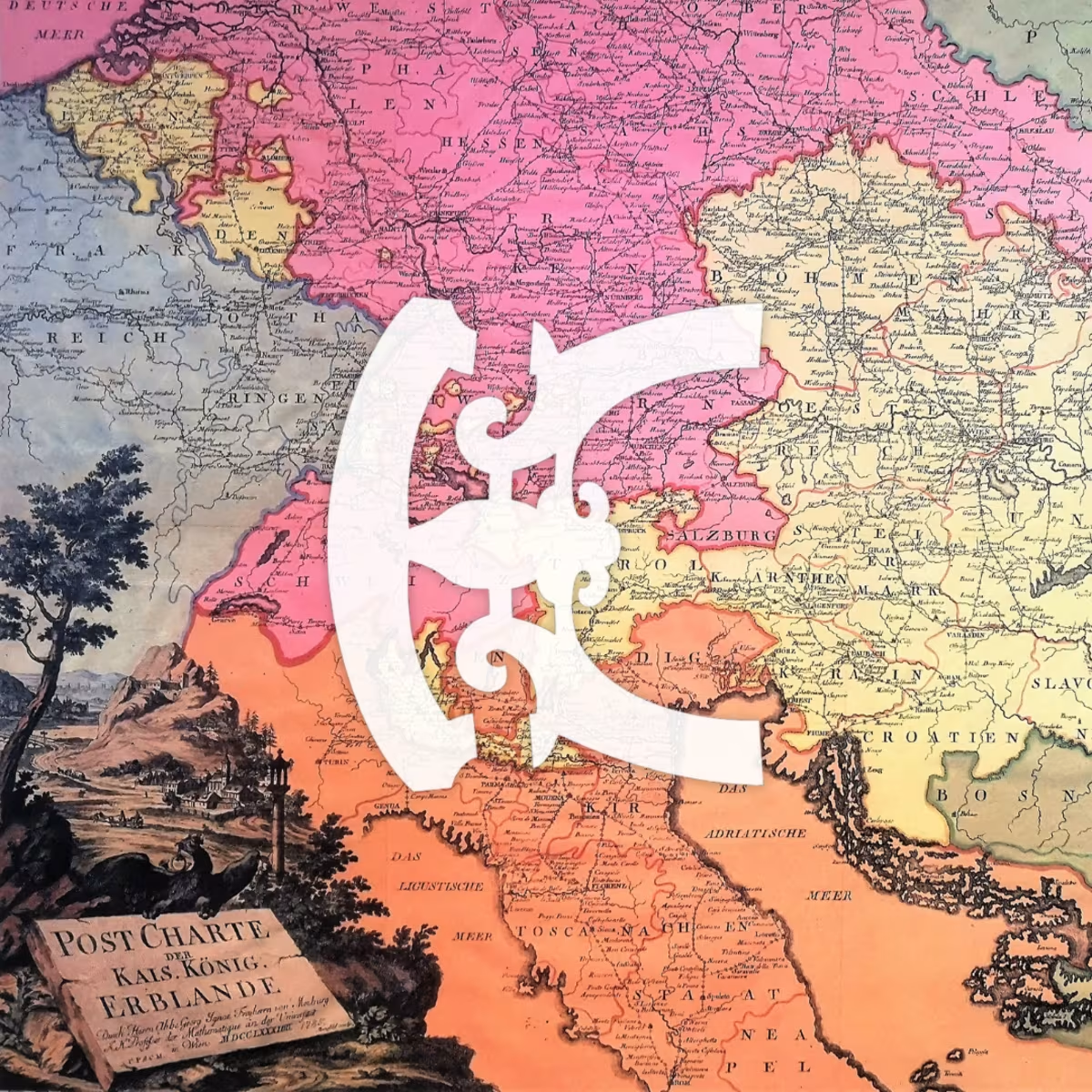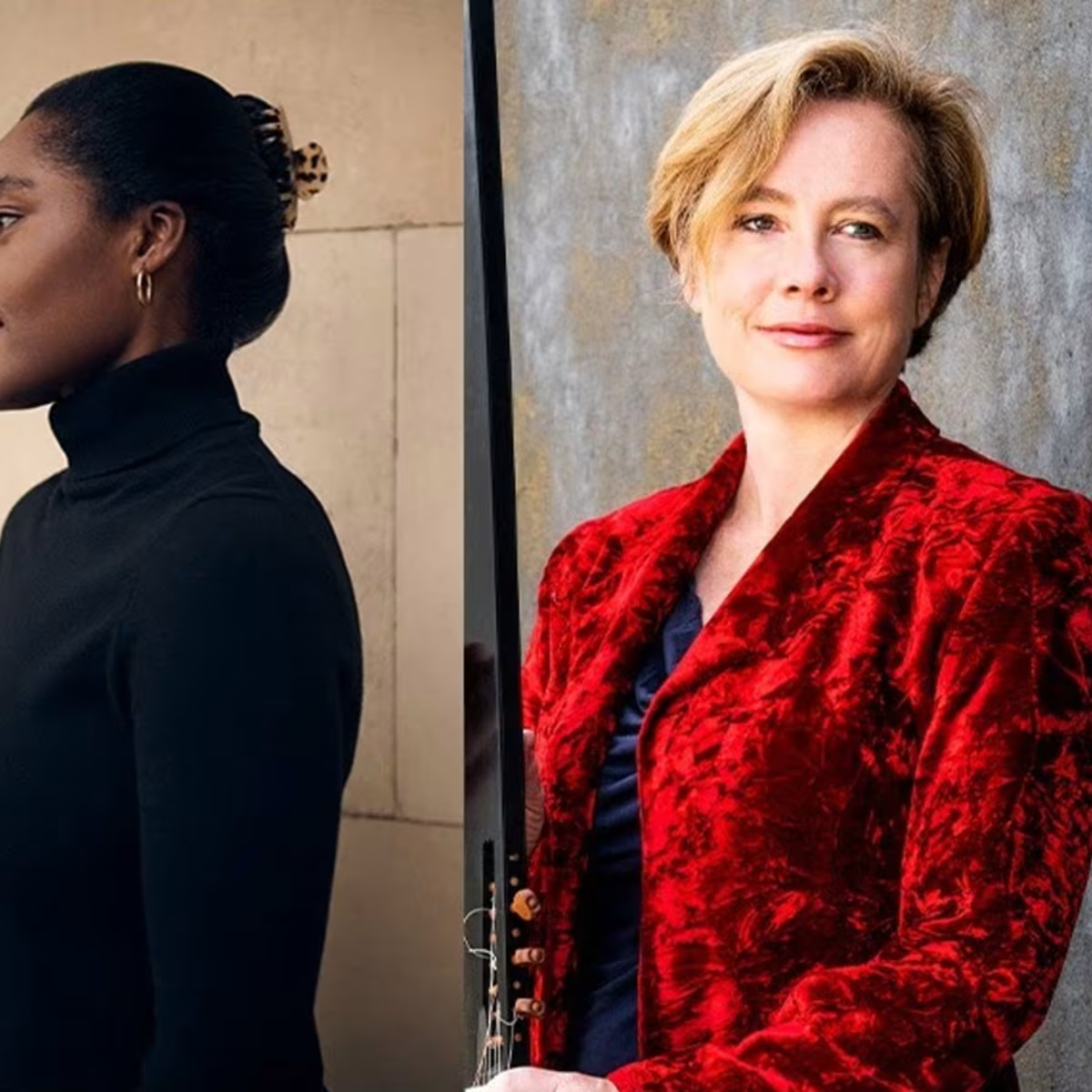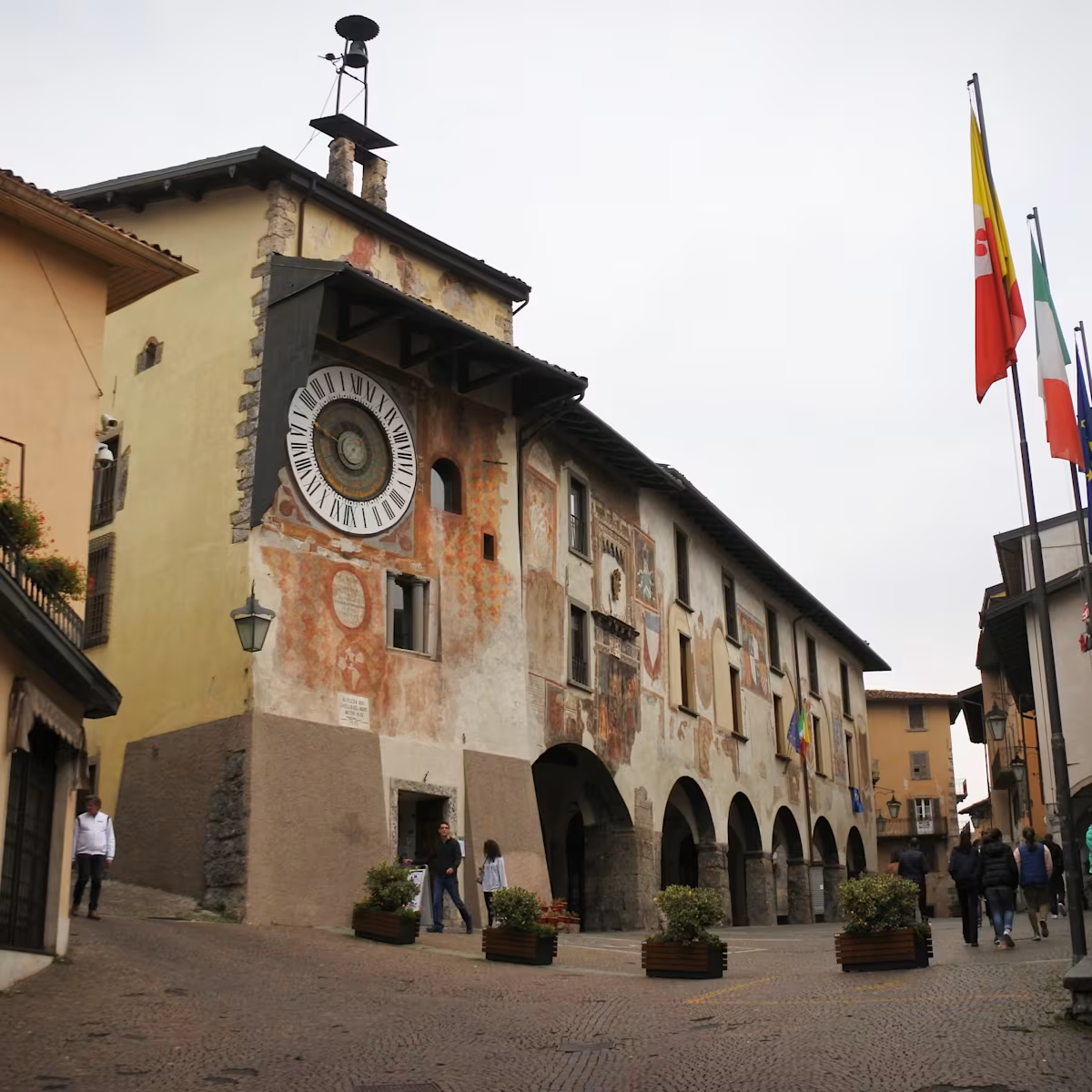Spotlight
In conversation: Lynda Sayce
Continuo Connect meets leading lutenist and theorbo champion, Lynda Sayce
Share this

FIRST PUBLISHED 03 DEC 2023
Lynda Sayce is one of Britain’s leading lutenists, with over 100 recordings to her name. She performs regularly as soloist and continuo player with leading early music ensembles worldwide, is principal lutenist with The King’s Consort, Ex Cathedra, and the Musicians of the Globe, and has broadcast extensively on radio and TV. She is also director of the lute ensemble Chordophony, whose repertory and instrumentarium is based exclusively on her research. Equally at home working with modern instruments, Lynda has performed with many leading orchestras and opera companies including English and Welsh National Operas, Opera North, the CBSO and the Berlin Philharmonic. Her repertoire spans many centuries, and her discography ranges from some of the earliest surviving lute works to the jazz theorbo part in Harvey Brough's 'Requiem in Blue'.
What do you love about your job?
Many things! It’s very sociable - my colleagues are also my friends. I get to travel a lot, and sometimes have access to amazing places not normally open to the public. I love research and working with historic sources, and I have many opportunities to apply this rather niche skill. I enjoy teaching, and I think a good concert programme should inform as well as entertain. I really love watching audience members’ reactions when I introduce them to a big theorbo, for example! I also relish the variety of my work - I might be playing solo lute one day and continuo for an opera or orchestral programme the next, mixed up with teaching, writing, editing, and researching. My main instrument's repertoire covers almost 1,000 years, so there’s always something to learn.
Where do you encounter the most receptive audiences?
Often in small places like village churches, for example, where concerts are rare, the buildings are often on a scale which suits the intimate sounds of our instruments, and people come because it is the only event happening in the area. Often they seem much more willing than big city dwellers to try something new. They trust us to present something enjoyable, and it is such a joy when they come up after a concert and say how much they liked the music.
What’s so special about early music concerts?
The frequency of the surprises!
What’s your number 1 listening tip?
Seek out music you don’t know. This might be a genre, a composer, an instrument….
If you could meet anyone from the past, who would it be?
Claudio Monteverdi. He is the main reason I can earn a living playing the theorbo in the 21st century, and I would like to thank him. Also to ask him where his lost operas are….
What would you do if you weren’t a musician?
Probably working with wildlife in some capacity.
What’s on your bed-side table right now?
Stephen Jay Gould, ‘Wonderful life’, which introduces the often bizarre Pre-Cambrian animals of the Burgess Shales. Some of his ideas have been revised, but this remains a beautifully written musing about evolution and the role played by chance.
Where would you most like to live?
Italy, preferably somewhere in Tuscany.
What do you do outside of music that provides you with inspiration?
Wildlife photography, especially bird photography. It needs patience, so there’s a lot of thinking time!
Share this
Keep reading

Playlist: Mozart’s Travels
In celebration of Mozart's 270th birthday on 27th January, we trace his travels across Europe throughout his life.

Nardus Williams & Elizabeth Kenny: The Four Humours | Wigmore Hall
The celebrated duo dive headlong into the world of the Four Humours, physical properties believed to govern human behaviour from ancient times until the 1850s.

Legrenzi: A forgotten genius full of surprises
In the town of his birth, the Musica Mirabilis ‘Giovanni Legrenzi’ Festival revives the legacy of a composer who links Renaissance polyphony with Baroque drama.

